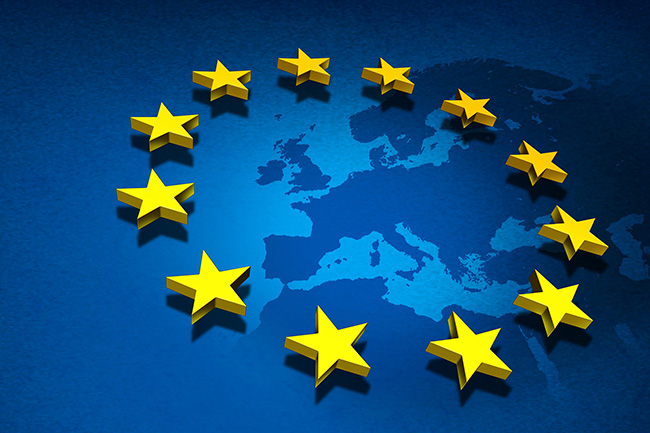EU delegation raises concerns over Sri Lanka’s prolonged import ban
November 19, 2020 01:12 pm
The European Union, a key economic partner of Sri Lanka, says the prolonged import ban in the country is not in line with World Trade Organisation regulations.
In a joint statement, the EU Delegation and the Embassies of France, Germany, Italy, Netherlands and Romania, noted that the current import restrictions are having a negative impact on Sri Lankan and European businesses and on Foreign Direct Investment.
“Such measures impair Sri Lanka’s efforts to become a regional hub and negatively impact Sri Lankan exports by constraining the import of raw material and machinery.”
The statement went on to point out that Sri Lanka enjoys competitive, predominantly duty- and quota-free access to the EU market owing to the EU’s special Generalised System of Preferences (GSP+).
“Not least due to these unilateral trade preferences, the EU is the second-biggest export market for Sri Lanka worldwide, with a positive trade balance of more than 1 billion EUR (about 220 billion LKR) in 2018 and 2019.”
The delegation also raised concerns over Sri Lanka’s withdrawal of support for the United Nations Human Rights Council Resolution 30/1.
Joint Statement issued by the EU delegation and the Embassies of France, Germany, Italy, Netherlands and Romania is as follows:
19 November 2020, COLOMBO - As COVID-19 continues to bring a number of challenges, we, the Colombo-based Heads of Missions representing the European Union and its Member States, held a series of high-level meetings, including with Foreign Minister Gunawardena. On this occasion, we underlined the EU’s long-standing support for Sri Lanka as a reliable partner, including through over 1 billion EUR of grants over the last 25 years, notwithstanding the Member States’ bilateral assistance.
In addition to our significant development cooperation, we recall that the EU is a crucial economic partner for Sri Lanka. Thanks to the EU’s special Generalised System of Preferences (GSP+), Sri Lanka enjoys competitive, predominantly duty- and quota-free access to the EU market, based on the continued implementation of 27 international conventions on human rights, labour, environment, climate change and good governance. Not least due to these unilateral trade preferences, the EU is the second-biggest export market for Sri Lanka worldwide, with a positive trade balance of more than 1 billion EUR (about 220 billion LKR) in 2018 and 2019.
Trade, however, is not a one-way street. The current import restrictions are having a negative impact on Sri Lankan and European businesses, and on Foreign Direct Investment. Such measures impair Sri Lanka’s efforts to become a regional hub and negatively impact Sri Lankan exports by constraining the import of raw material and machinery. We recall that a prolonged import ban is not in line with World Trade Organisation regulations.
Sri Lanka’s withdrawal of support for the United Nations Human Rights Council Resolution 30/1 remains a source of concern. The Government has stated its continuing commitment, including to the EU, to fostering reconciliation, justice and peaceful coexistence among Sri Lanka’s diverse communities. The EU stands ready to support the Government’s efforts in this area. The rule of law and a vibrant civil society are essential in this regard.
We are looking forward to continuing our deep engagement with Sri Lanka, in line with our shared international commitments and obligations.












